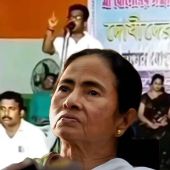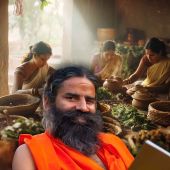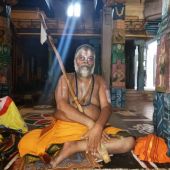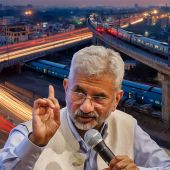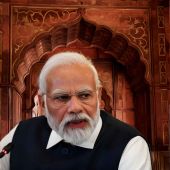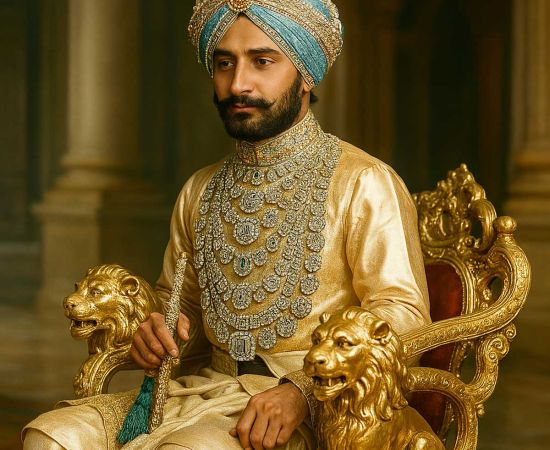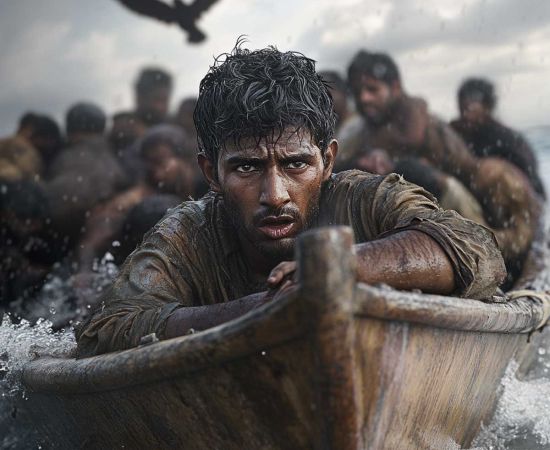"A people that values its privileges above its principles soon loses both": Delhi High Court upheld the freedom of speech privilege of the advocacy profession, Justice Mini Pushkarna even refused to look into irrelevance or maliciousness of the statement
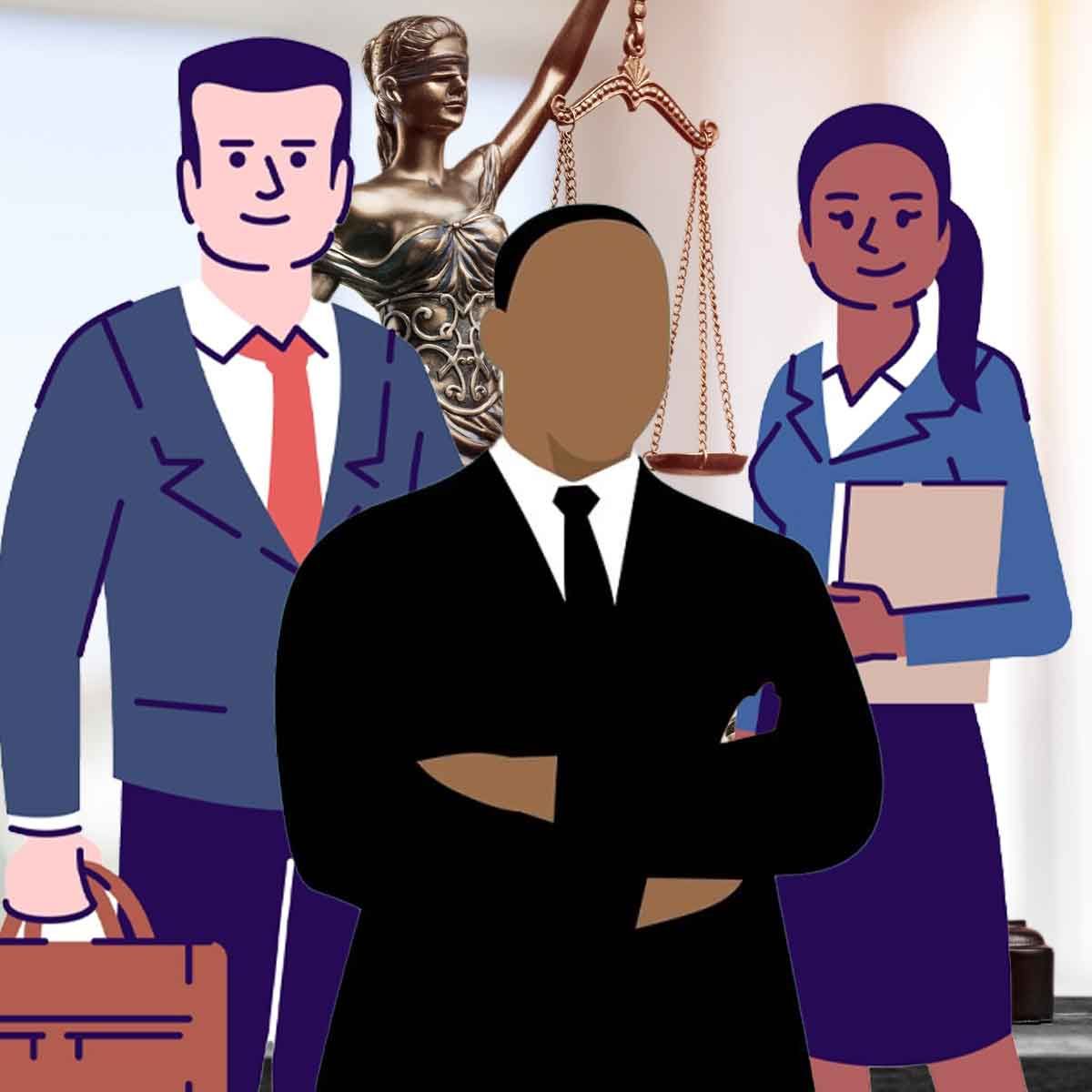
The legislature and judiciary are considered two important pillars of democracy. Consequently, democratic norms require that officers of both branches be granted some privilege. In India, these privileges are allocated to advocates and parliamentarians.
The privilege may be defined as an exceptional right and exemption. The expression “Privilege and Immunity”, under the Constitution of India and in the arena of Parliament, donates certain special and exceptional rights of Lok Sabha and Rajya Sabha or its individual members who are generally accepted as a necessity for the implementation of constitutional functions.
In the case of Raja Ram Pal vs. The Hon’ble Speaker Lok Sabha. Supreme Court in their own view defines the word “privilege” that it is immunity or a right provided to a specific person. In another way around what a person can not do in general, now he/she is eligible to do a certain act.
For example, being an Attorney General you have the right to watch any proceeding of any house, but not in the case of an ordinary person. Privilege consists of the known laws, customs, and usage of Parliament. Thus, the term privilege is referred to the special rights that are available to a different extent and in various forms for the members of Parliament throughout the world. However, the term applies to certain immunities enjoyed by both the houses of the Parliament collectively, and members of each house individually.
It is the privilege conferred on any member of parliament that he is immune from whatever he will say on the floor of the house, and in case of detention whether civil or criminal, no member shall be made liable and detained 40 days before and 40 days after the session of the house. But there is a condition to comply with the availment of these privileges. If a person ceased to be a member of Parliament, then the privileges are called off. So in order to enjoy immunities, one should have to be a member of any house of Parliament.
Advocates have an absolute privilege
Recently, during the course of the hearing, a few remarks of a Senior Advocate did not go down well with a businessman. Offended businessmen filed a defamation suit against the advocate. He sought Rs. 2 crore in compensation for, quote, “loss and harm caused to his reputation and goodwill.” His counsel argued that there is no statutory right granting absolute privilege to an advocate. The respondent argues against it.
The Delhi High Court upheld the freedom of speech privilege of the advocacy profession. Justice Mini Pushkarna even refused to look into the irrelevance or maliciousness of the statement.
The Court observed that court hearings are privileged occasions. Any statement made during those moments can’t be held to be eligible for libel or slander. Therefore, advocates can’t be put on trial for defamation. Justice Mini reasoned that “the justice system would be adversely affected if lawyers were to be in fear of the law themselves.”
She also expressed the fear that if such privileges were not provided, the system of justice would literally come to a halt since advocates would think more about their own protection than that of their clients. The same principles have previously been upheld in cases like the M.K. Parameswara Kurup, M.L. Ganesh, and B. Sumat Prasad Jain.
Corresponding rights of Parliamentarians
This almost absolute freedom of speech is not guaranteed to everyone in India. Apart from advocates, only public representatives have this right. Article 105(2) of the Indian Constitution provides it for parliamentarians. It explicitly states that a parliamentarian can literally say anything on the red carpet, and courts have no power to put him or her on trial for it.
In other words, no defamation suit can be filed against parliamentarians for anything they say on the floor of the parliament. Only the rules established by the respective houses can put a stop to it. In practical terms, only the expunction of remarks and temporary suspension from parliamentary proceedings are observed.
However, there is one rule that they have to abide by. Under Article 121, the rule is not to discuss the conduct of any High Court or Supreme Court Judge in the discharge of his duties. That is allowed only when there is a motion for the removal of that particular judge.
Freedom of Speech
The spirit of the parliamentary form of democracy is frank free and valiant discussions in the house of parliament. For authority like parliament, freedom of speech plays a very indispensable role that provides opportunities to the members of the houses to express their feelings without any sort of fear, or hesitation, being penalized for offenses such as defamation, innuendo, etc.. The recognition of the right to freedom of speech in parliament came to be known in the seventeenth century in the case of Sir John Elito.
The council of state i.e. Rajya Sabha in its XII report provides that a Parliament can be asked a question in any court of law or any place outside the parliament for making any disclosure or for any information display since it will amount to inference with the right to freedom of speech of that member. Subsequently, Lok Sabha has also propounded that it will amount to contempt of the house or breach of privilege if any suit is initiated against any member in a court of law for what he/she spoke on the floor of the house.
The Supreme court case of Tej Kiran Jain V. Sanjeeva Reddy held that “once it is recognised that the parliament was in session and its business being transacted, anything said during the clause of that transaction was completely immune from any proceeding in any court of law”.
Other privileges
Similarly, both branches of democracy enjoy their respective privileges from arrest as well. Section 135 of the Civil Procedure Code, 1908, states that advocates cannot be arrested in civil cases, whether they are traveling to or from a court or participating in court proceedings. This protection does not extend to criminal cases or instances of contempt of court.
For parliamentarians, the privilege of freedom from arrest depends on the date on which the house ends its proceedings. A Parliamentarian can’t be arrested in a civil case 40 days before or after the adjournment of proceedings. Furthermore, he or she cannot be arrested in Parliament.
Then Parliamentarians and advocates have no legal compulsion to do their designated work. If Parliamentarians don’t fulfill their promises, then they can’t be put on trial for that. Similarly, last year, the Karnataka High Court held that a litigant can’t sue his lawyer for cheating or fraud just because he lost the case. Apart from these recognized ones, there are some other social privileges that both advocates and Parliamentarians enjoy.
References:
 Support Us
Support Us
Satyagraha was born from the heart of our land, with an undying aim to unveil the true essence of Bharat. It seeks to illuminate the hidden tales of our valiant freedom fighters and the rich chronicles that haven't yet sung their complete melody in the mainstream.
While platforms like NDTV and 'The Wire' effortlessly garner funds under the banner of safeguarding democracy, we at Satyagraha walk a different path. Our strength and resonance come from you. In this journey to weave a stronger Bharat, every little contribution amplifies our voice. Let's come together, contribute as you can, and champion the true spirit of our nation.
 |  |  |
| ICICI Bank of Satyaagrah | Razorpay Bank of Satyaagrah | PayPal Bank of Satyaagrah - For International Payments |
If all above doesn't work, then try the LINK below:
Please share the article on other platforms
DISCLAIMER: The author is solely responsible for the views expressed in this article. The author carries the responsibility for citing and/or licensing of images utilized within the text. The website also frequently uses non-commercial images for representational purposes only in line with the article. We are not responsible for the authenticity of such images. If some images have a copyright issue, we request the person/entity to contact us at satyaagrahindia@gmail.com and we will take the necessary actions to resolve the issue.
Related Articles
- In another shocker, Supreme Court quotes 'every sinner has a future' and commutes death sentence of Mohd Firoz for rape & murder of 4-year-old girl: Child brutally assaulted, two teeth broken while smothering after rape
- Supreme Court halts Jahangirpuri demolition of illegal encroachments of rioters by NDMC on priority by keeping aside 70,632 pending cases: PIL filed by Jamiat Ulama-I-Hind, Advocate Dushyant Dave, and Kapil Sibal
- "Best advice I ever received was to give advice only when asked for it": State does not owe loyalty to any one religion and the Constitution requires that religious majority in the country shouldn’t enjoy any preferential treatment, Justice BV Nagarathna
- Notice issued to Central govt on plea challenging the constitutional validity of Waqf Act 1995 by Delhi High Court: Ashwini Upadhyay filed the plea that Waqf Act is antithetical to Secularism in India
- “If you’re good enough to hit the gym at 70, why not a courtroom?”: Age of retirement of Supreme Court and High Court Judges needs to be increased in sync with increase in the longevity and advancement in medical sciences, Parliamentary Committee
- In a court case involving rioting, arson, and vandalism during Patidar quota agitation, Gujarat Congress’ president Hardik Patel gets a stay from Supreme Court so he can contest elections: Patel was sentenced to two years in jail
- Uphaar Cinema fire was one of the worst fire tragedies in recent Indian history: Association of Victims of Uphaar Fire Tragedy (AVUT) filed a landmark case considered a breakthrough in civil compensation law in India
- Controversial Marxist leader Brinda Karat reaches Jahangirpuri to implement Supreme Court order, fanatic Leftist journos outrage over order not being followed immediately and took to Twitter to attack NDMC officials
- Why Hindus not claiming their temples back from the Government control: Is pro-Hindu govt will always be in power
- Plea of MP Navneet Rana and husband MLA Ravi Rana to quash FIR for the gruesome and heinous crime of reciting Hanuman Chalisa outside Matoshree dismissed by Bombay HC: Justices stated that it was devoid of merit
- In a case regarding child custody of 11-year-old Kanak, Court orders minor girl to be sent to Nari Niketan: Rajasthan
- Husband submitted that his wife living separately for 10 years, she implicated false 498-A IPC, in which he was acquitted, and prayed for divorce on ground of mental cruelty: Court concurred disputes not serious
- Supreme Court stays Allahabad HC order to take over land from Mohammad Ali Jauhar Trust: State Govt of UP allotted 400 acres to the Trust that violated the conditions and built a Mosque instead of a university
- “There’s no such thing as failure – just waiting for success”: After denying clearances for development projects for three decades, the Indian Supreme Court green bench clears 118 development projects already delayed for 5 years for pending litigation
- "Justice is blind; that's why it's always bumping into things": Punjab and Haryana High Court, with a generous dash of magnanimity, pressed the pause on Nuh's demolition, playing indulgent parent they took cognizance, giving 'innocent' rioters a breather

